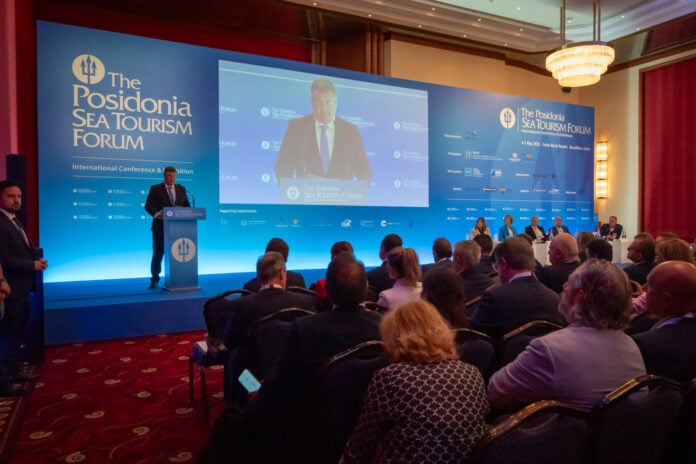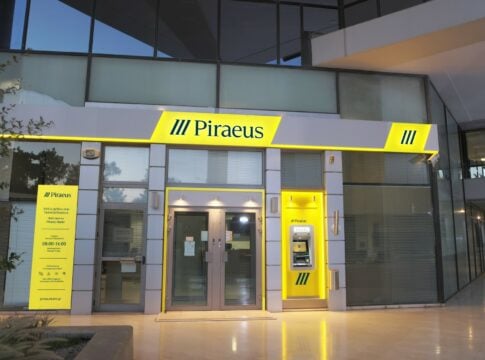The 8th Posidonia Sea Tourism Forum was held in Heraklion, Crete, with an emphasis on sustainable development and the need to strike a balance between tourism and the protection of local communities.
It brought together more than 200 leaders of the global cruise industry, port authorities and policymakers from across the Mediterranean.
Challenges and opportunities
The European Union Commissioner for Sustainable Transport and Tourism, Apostolos Tzitzikostas, underlined the economic importance of the sector, noting that in 2024 Greece welcomed almost 8 million cruise passengers on 5,500 ship visits.
“Growth is necessary, but it cannot ignore sustainability,” he said, presenting the main pillars of the upcoming EU Strategy for ports, which will be presented in 2025.
He also highlighted the changing profile of travellers: “Young people’s interest in cruising has increased by 55% in the last five years, increasing concerns over environmental issues,” he pointed out.
The European Commissioner also referred to the upcoming EU Strategy for Ports, which is expected to be presented in 2025: “This comprehensive plan will focus on strengthening the competitiveness of European ports, while promoting sustainability, accelerating the energy transition, improving working conditions and increasing resilience to geopolitical and economic shocks. It is important that the cruise industry will play a substantial role in the development and implementation of this strategy,” he said.
Tzitzikostas concluded his speech with a strong message about the need for balance: “We understand that without competitiveness, there is no sustainable future. I will do everything in my power to ensure that our green policies are designed to enhance – not hinder – the strength of this vital industry.”
Cruising is not responsible for overtourism
Julie Green, deputy director general of CLIA, argued that cruising accounts for just 2% of global tourism, with a significant economic contribution – almost 50 billion dollars annually in Europe and 2 billion in Greece.
Theodora Riga, president of MedCruise and the Corfu Port Authority, noted that in the case of Santorini, only 5% of visitors arrive by cruise ship, but “cruise passengers are often blamed for the congestion problem without documentation.”














